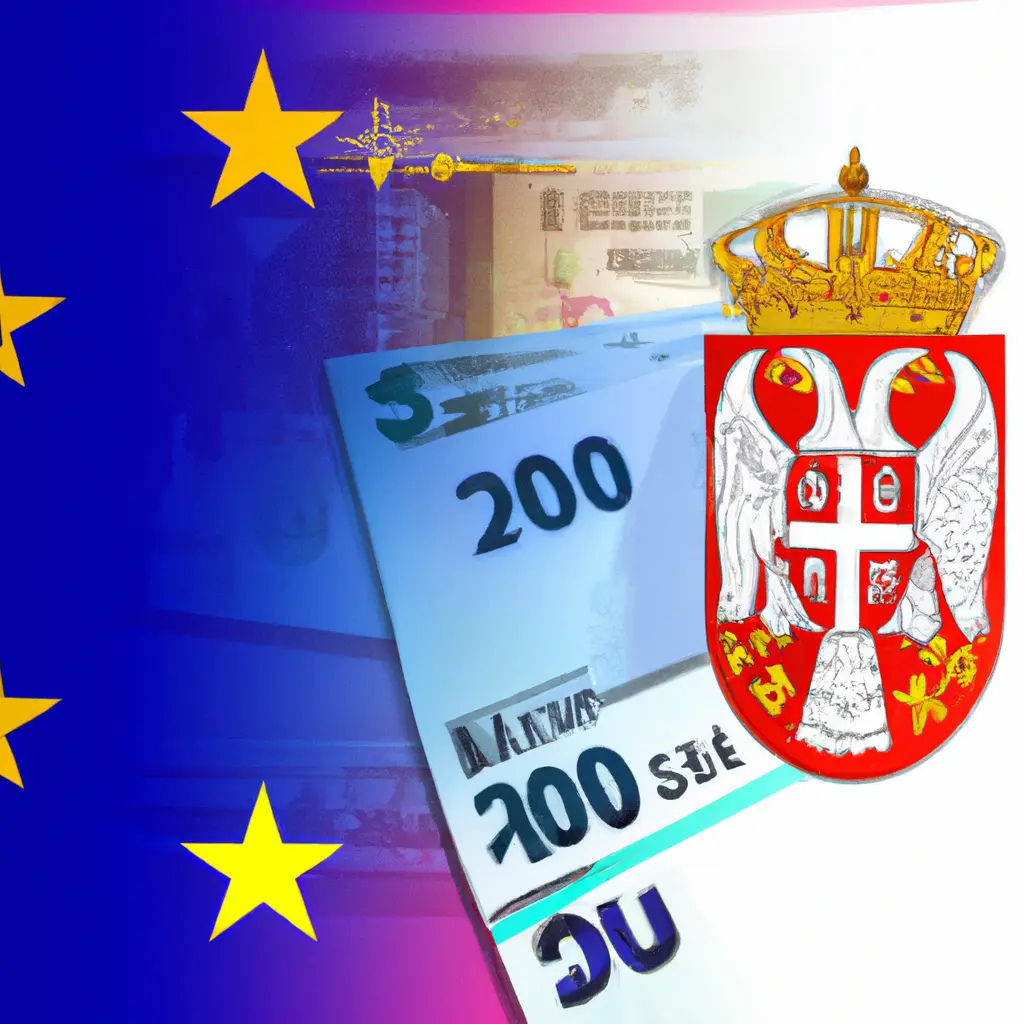EU recession may affect Serbia


Ten EU states have announced their official standstill, and this could have an impact on Serbia as the country is closely linked to the EU.
Serbian President Aleksandar Vucic said on Wednesday: "Although trade is slightly down this year compared to the previous year, the EU remains our most significant partner. It is its market where numerous factories are concentrated, including those in Asia. Therefore, Western Europe is the final market and destination for our products. We feel the consequences when they experience low consumption and fall into recession. "
He also said Serbia expects decent growth this year, comparable to the highest growth rates in the European Union.
18 October 2024
10 April 2025
19 October 2024
The International Monetary Fund (IMF) has released new forecasts for the global economy, pointing to a continued slowdown.
The overall picture of economic recovery is mixed across regions, with advanced economies expecting the US to grow 2.1% this year, 0.3% better than previous IMF expectations.
In Europe, the outlook is less optimistic due to its involvement in the conflict in Ukraine, rising energy prices and lower demand for its exports caused by the slowdown in China.
After 3.3% growth in 2022, eurozone output is expected to slow to 0.7% this year and 1.2% next year, down 0.2% and 0.3% from IMF forecasts in July. The European Union's largest economy, Germany, is likely to face a recession of 0.5% this year, and then is expected to grow 0.9% next year.
Additional risks to the global economy include a deepening crisis in China's real estate market and rising geopolitical tensions that could restrict the flow of goods and contribute to new price shocks.
When it comes to Serbia, the IMF expects GDP to grow by 2% in 2023, with 3% growth projected for next year.
(Jelena Nikoliћ | Euractiv.rs)
Tags
Comment
Popular Offers

Subscribe to the newsletter from Hatamatata.com!
Subscribe to the newsletter from Hatamatata.com!
I agree to the processing of personal data and confidentiality rules of Hatamatata














